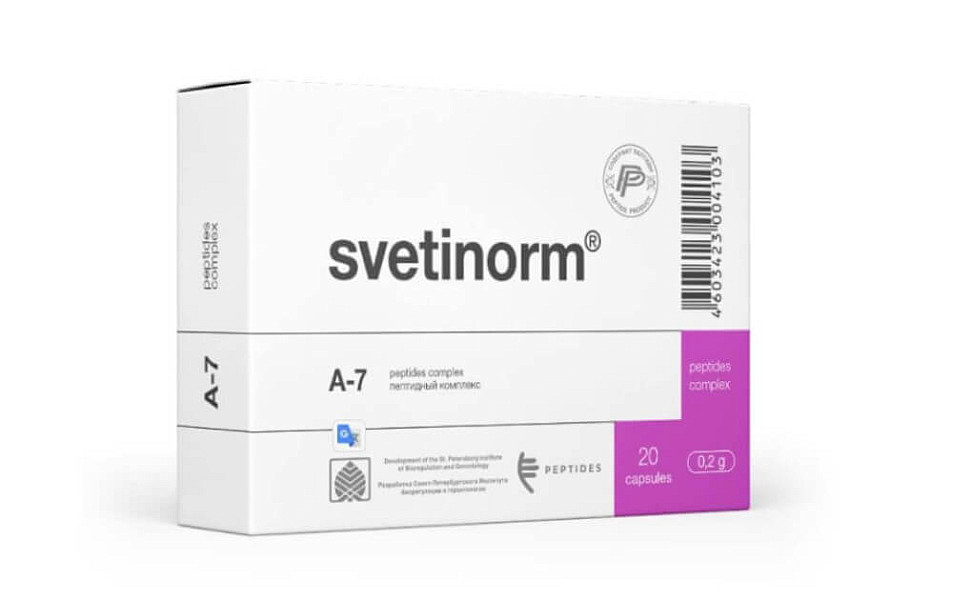Vitamins and microelements for liver health

Vitamins and microelements for liver health
The liver is one of the most important, and by size the largest of the glands in the human body: the estimated weight of a healthy person's liver is about 1 kg, 700 g. It is located in the abdomen on the right, in the subcostal area.
Liver is responsible for the neutralization of toxins, participates in the general metabolism of the body, in the maintenance of metabolic processes. The liver breaks down proteins and glucose. The former are converted into amino acids easily absorbed by the body. Excess glucose, however, is converted into a supply of glycogen (a substance that the body urgently needs for normal function). The liver is also involved in lipid metabolism. Metabolism of hormones and vitamins also occurs in the liver.
To understand the extent of the liver's activity, it's interesting to learn a surprising fact: in just one hour, this organ allows about 100 liters of blood through itself, while at the same time performing a lot of processes - after eating, drinking liquids, taking medicines.
We can say that the liver is a natural filter of our body, protecting it from various negative effects.
It is therefore essential to keep it healthy, including by ensuring that it receives the vitamins and minerals needed to keep this important organ healthy in a timely manner. Which vitamins and minerals are most important

Vitamin A
By consuming vitamin A, you can:
adequate glycogen production
Stabilizing bile production
Decrease in bad cholesterol.
Most of vitamin A in the liver cod, fatty fish, eggs, dairy products. Fruits and vegetables of yellow, orange, red color (pumpkin, melon, apricots, carrots, sweet peppers) contain carotenoids (provitamin A), from which the body can make the right vitamin.
Vitamin C
Promotes hormonal balance, supports metabolic processes, protects the body from the effects of free radicals, strengthens immunity. All this together helps the liver to work more effectively, and be less vulnerable to the action of toxic elements. The highest concentration of vitamin C is present in citrus fruits, rose hips, various berries, fruits, greens.
Vitamin E
Promotes the restoration processes in the liver, cleansing it of slags. But its main role in maintaining the health of the liver is to normalize hormone synthesis, improve metabolism and promote the strengthening and regeneration of organ cells. Vitamin E is present in significant amounts in unrefined natural vegetable oils - sunflower, rapeseed, olive. A lot of it in nuts, seeds, avocado, whole grain bread.
Liver minerals
Equally important for the health of the liver, the intake of not only vitamins, but also necessary trace elements, such as:
Iron. Responsible for ensuring the delivery of oxygen to all systems and organs, including the liver, which is particularly important for its detoxification function.
Magnesium. It promotes the activation of the hepatic blood flow, the synthesis of glycogen, the neutralization of toxic substances.
Molybdenum. It acts as a component of enzymes responsible for the detoxification of the body. Molybdenum is essential for the efficacy of aldehyde dehydrogenase, which breaks down alcoholic products into acetic acid, and aldehydoxidase, which processes components of drugs.
Zinc is an effective antioxidant and is involved in the creation of more than 300 enzymes. An invaluable help to the body in the fight against toxins.
The importance of vitamins and minerals for the proper functioning of the liver, as well as the health of the entire body system, is essential. In this regard, many have a quite reasonable question - is it necessary to consume additional vitamins? Unfortunately, sometimes with nutrition it is difficult to get them in adequate quantities.
Vitamins and minerals should not be taken without a doctor’s prescription. The need for vitamins should be determined by a specialist, based on the results of the examination. And it is he who will recommend the necessary complex, suitable for you. This is because the excess of some vitamins can be more dangerous than the lack of them. In particular, this applies to vitamin A, which is described above.
The complex of peptide fractions obtained from the liver of young animals. The peptides released selectively affect various liver cells, normalize cellular metabolism, and regulate liver function.

- Metabolic disorder correction
- Function liver decreased
- Chronic hepatitis of various etiologies
- Chronic intoxication
- Skin diseases
- Normalization of lipid metabolism in atherosclerosis and obesity
- Diabetes prophylaxis
